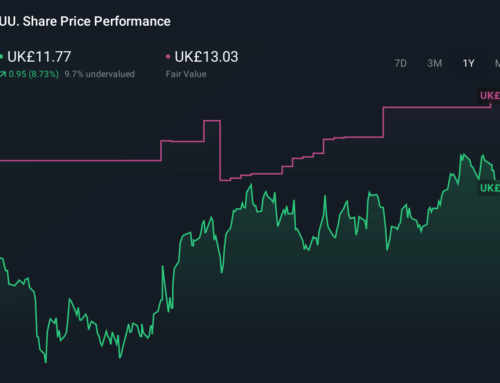Jones Soda keys in on three-prong strategy, with cannabis playing a critical role
April 4, 2025
Jones Soda Co. (OTCQB: JSDA), a Seattle-based craft soda maker known for its quirky flavors and customer-submitted label photos, has been aggressively expanding past its traditional soda roots since entering the cannabis market in 2021 with its Mary Jones brand. And after a challenging 2024, alternative adult beverages will be front and center of the company’s go-forward strategy.
“While Jones Soda started the year on a strong note, several operational challenges along with poor financial discipline in the back half of the year hindered our growth and tested the company’s resilience,” newly appointed CEO Scott Harvey said during the company’s fourth-quarter earnings call.
The company reported a 15% increase in revenue to $19.1 million for 2024, but its net loss widened from $4.9 million in 2023 to $9.9 million in 2024, in part due to the financial pressures of competing in multiple beverage categories simultaneously.
Jones’ hemp-derived HD9 products, which launched in January 2024, raked in $1.7 million in revenue during their first year – a bright spot for the company as it navigates a market more saturated by the day. Its cannabis THC segment also saw modest growth, generating $1.3 million in revenue versus around $1.2 million in 2023.
The overall cannabis beverage sector – particularly with hemp – has seen a boon since states began legalizing recreational marijuana use, with major beverage companies and startups alike introducing THC and CBD-infused drinks. Established players in recent years, such as Canopy Growth Corp. (backed by Constellation Brands) and Hexo (which partnered with Molson Coors), creating challenges for smaller operators like Jones.
Harvey acknowledged the rapidly evolving regulatory environment surrounding hemp-derived products, which has created both opportunities and uncertainty for the company.
“We’re closely monitoring the landscape of the HD9 category. We understand the regulating shifts being considered by the states’ attorneys general and congressional bodies,” Harvey said, noting that the company is “proactively engaging with regulatory bodies” to ensure compliance.
Harvey cited trend data suggesting that “over the next three years, $1 every $5 spent within the beverage category will be spent on alternative products like Mary Jones, serving as substitutes for traditional adult beverages like beer and wine.”
Historically, the company’s push into cannabis and hemp beverages represents a strategic pivot for a brand that has struggled to achieve consistent profitability since its founding in 1995. After reaching peak popularity in the early 2000s, Jones faced intense competition from both major soda manufacturers and craft beverage startups, leading to years of financial struggles.
CFO Brian Meadows – who previously held executive positions at Black Rifle Coffee Company, Nathan’s Famous and Dunn Brothers Coffee – emphasized the need for financial discipline going forward, noting that the company has implemented new processes for contract review and approval.
“Jones does have the right products now to focus on. We have our contract review processes buttoned down. Marketing spend is only approved with clear ROI,” Meadows said. “And Scott (Harvey) and I are very focused on working with the team on improved supply chain management processes and inventory management.”
Jones even secured a new $5 million revolving credit facility in February as a way to address liquidity concerns in such a capital-intensive industry. The facility provides a “larger and more flexible credit line” that allows the company to borrow against inventory, accounts receivable and customer purchase orders.
Jones is pursuing a three-pronged strategy focusing on core soda, modern soda and adult beverages – an approach that Harvey said positions the company to compete effectively in multiple growing segments rather than relying solely on its legacy soda business or emerging cannabis offerings. The strategy follows a vision established by the company’s chairman, Paul Norman, who discussed corrective actions during the previous quarterly update.
The company’s expanded distribution network now includes 81 partners across 37 states, securing placement in major retailers including Kroger, Albertson-Safeway and Meijer. Meanwhile, its Mary Jones HD9 line has signed 32 distribution partners since launch, including four in the first quarter of 2025 to expand into two new states.
Search
RECENT PRESS RELEASES
Related Post




